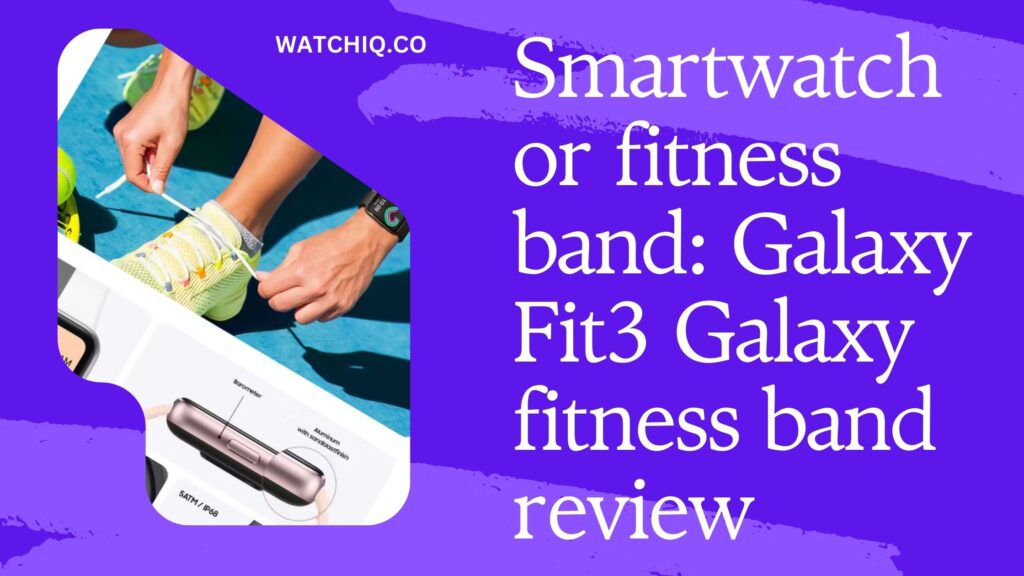Knowing your rights and responsibilities as a federal student loan borrower is very key to the effective management of loans. The U.S. Department of Education offers several guides to help borrowers navigate through the student loan system, and one of the important papers that detail these rights and obligations is the Master Promissory Note (MPN).
What Is a Master Promissory Note?
The Master Promissory Note (MPN) is a legally binding document that specifies the terms and conditions of your federal student loan. Once you sign this document, you accept to repay your loan(s), including all the interest and fees, to the U.S. Department of Education. The MPN is considered an essential document because it indicates your responsibilities as a borrower and clarifies what’s expected of you once you enter into repayment.

The MPN is applied to most of the federal student loans taken in:
- Direct Subsidized Loans
- Direct Unsubsidized Loans
- Direct PLUS Loans for Parents and Graduate Students
The MPN can be valid for up to 10 years with the possibility of allowing you to obtain several loans with just one note; however, this multi-year feature must be taken advantage of by the school you are attending.
Rights as a Federal Student Loan Borrower
You have right to borrow a federal student loan. The MPN explicitly outlines those rights. Knowing your rights empowers you to run your loan effectively and protect his or her financial future.
Right to Receive Loan Information
You have the right to receive detailed information on your loan, such as:
- The total amount of your loan
- The interest rate
- Repayment schedule, such as where to send payments and when they’re due
- How much it will cost to borrow money
- Deferment or forbearance options and any other repayment plans available
The loan servicer must disclose these details to you and notify you of any changes that may affect your loan. With this, you will know all the information concerning your responsibility.
Right to Cancel or Reduce Your Loan

You may even cancel your loan or reduce your loan at any time before the loan disbursement, and even within some number of days after disbursement, according to your school’s policy. Reducing your loan amount can help you avoid debt by managing the amount you borrowed; this is especially true for full disbursement if you do not need that amount.
In which of the following ways are federal student loan borrowers allowed to use deferment and forbearance if they are temporarily unable to make payments due to circumstances? Under which of the above conditions can you temporarily stop making payments, sometimes without accumulation of interest on subsidized loans? You can have a forbearance if you can reduce or suspend payments for some period of time, but interest typically is capitalized on all loans.
Loan Forgiveness
Also in this situation, you may have loan forgiveness, discharge, or cancellation. For example, there is a Public Service Loan Forgiveness (PSLF) program or the Teacher Loan Forgiveness program, under which qualified borrowers can have some or all of their loans forgiven upon meeting specific requirements.
Role and Responsibility of a Federal Student Loan Borrower
While you have some exciting rights as a borrower, you also carry a number of responsibilities that are very important to repay your loan successfully.
Responsibility to Repay Your Loan

The primary obligation under the MPN is to promise to pay back your loan. This means repaying all borrowed amounts along with the interest and fees accrued, according to the repayment option you have chosen. You could face severe penalties like default, ruining your credit score, the possibility of wage garnishment, and even suing you for non-repayment of a loan.
Responsibility to Inform Loan Servicer of Changes
Notify your loan servicer of changes that may impact your repayment as a borrower, including:
- Change of address or phone number, or change of email
- Change in your enrollment status – dropping below half-time enrollment or withdrawing from school
- Any financial hardships that might jeopardize your ability to make timely payments.
Keeping your communication lines open with your loan servicer can prevent problems from escalating and ensure that you are always aware of all the available choices to pay off.
Repayment Plan Option and Credibility to Abide by
When you reach the repayment stage, you will have a choice of a suitable repayment plan for yourself. There are two variants:
- Standard Repayment Plan
- Graduated Repayment Plan
- Income-Driven Repayment Plans (including Income-Based Repayment (IBR), Pay As You Earn (PAYE))
Each plan has its own set of provisions; thus, you must pick one that most serves your pocket. If no payment plan is selected, you are automatically set to the Standard Repayment Plan, requiring fixed monthly payments for ten years.
read also: PPP Loan List of Names by State
Duty to Maintain Records
There is also a responsibility on your part to maintain records regarding your federal student loan, including copies of your MPN, correspondence with your loan servicer, and payment history. This is important to maintain record-keeping to be able to have documentation if there is a dispute or issue that may crop up in repaying.
How to Manage Your Federal Student Loan Wisely
Know when to be proactive in managing your federal student loan. Here are some valuable tips that will guide you in handling your loans with success:

- Create a Budget: Knowing how much you earn monthly and how much you spend may help you decide how much you would be able to pay each month toward your student loan.
- Sign up for Auto-Pay: Most loan servicers will offer a decent interest rate reduction if you enroll in automatic payments. This will ensure you never miss a payment and can even save you money in the long run.
- Income-driven repayment plans or other loan forgiveness: If paying off a loan is becoming unbearable, consider income-driven repayment plans or other ways you are eligible for loan forgiveness.
- Contact Your Loan Servicer: You ought to always remain in touch with your loan servicer, especially during financial hardship periods. A loan servicer is usually the best bet for those looking to defer, forbear on, or change their repayment plans.
- Log-In to Track Your Loan Balance: Log into your account to check on your loan balance and payment history. This will track how you are doing, and that your payments are received by the loan servicer, and applied accordingly.
Consequences of Defaulting on Your Student Loan
Federal student loan default has dire consequences. You could be reported as being in default if you fail to make three consecutive payments within 270 days, which is about nine months. Here’s what can happen if you default:
Damage to Credit Score
A loan default will damage your credit score and it’s difficult for you to get credit for big purchases such as an auto or home.
- Wage Garnishment.: The US government will garnish wages, tax refunds, and Social Security benefits for you to pay your debt.
- Loss of Access to Financial Aid. You will become ineligible for any further federal student aid as long as you remain in default, your loans remain in default until the defaults have been resolved and paid, but even those loans for which you are in good standing will be reflected in this collection status as well. If you receive a loan that is not being collected, though, you will only have to repay the new loan in addition to paying off the defaulted loans.
Legal Action. You can be sued by the federal government over your debt.
Conclusion
The Master Promissory Note is your guide to knowing your rights and responsibilities as a federal student loan borrower. It explains the terms of your loan, which enables you to manage your student loans effectively and avoid default. Identify the various repayment options and periodically communicate with your loan servicer to ensure you remain on course.



